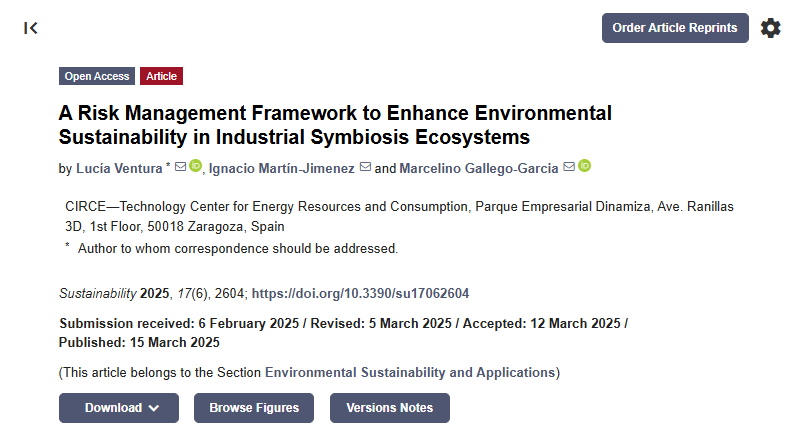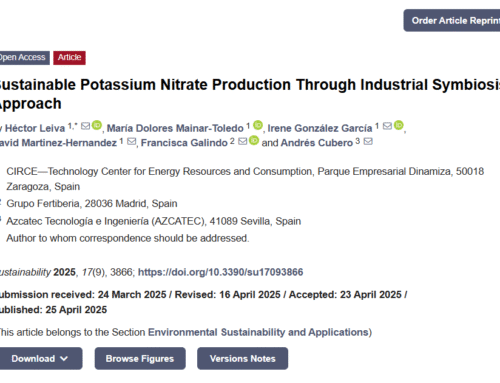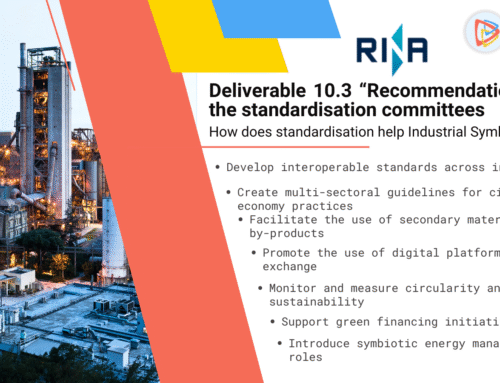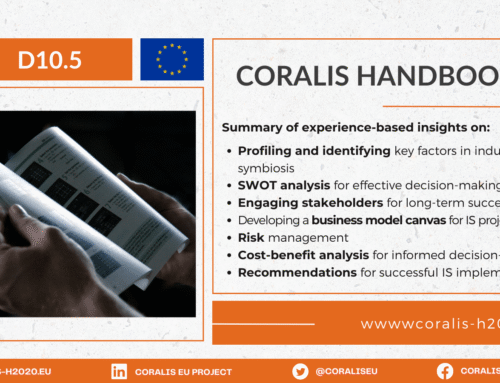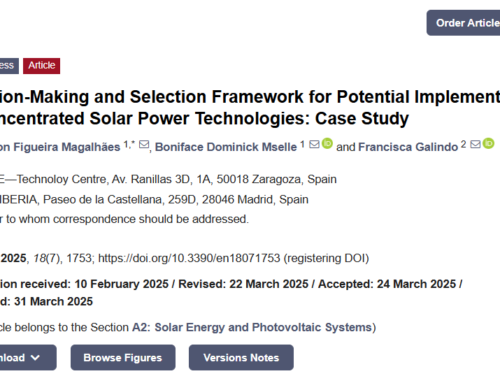Industrial symbiosis (IS) fosters collaboration between industries to exchange materials, energy, water, and by-products. By optimising resource use and reducing waste, IS contributes to both environmental and economic sustainability. However, effective risk management remains a challenge, as industrial exchanges often fall outside conventional supply chain practices.
A newly published study, “A Risk Management Framework to Enhance Environmental Sustainability in Industrial Symbiosis Ecosystems”, by CIRCE—Technology Center for Energy Resources and Consumption, presents a novel approach to managing these risks. The study introduces the Industrial Collaborative Risk Management (ICRM) Methodology, an extended Failure Mode and Effect Analysis (FMEA) approach designed specifically for industrial symbiosis ecosystems. This methodology helps stakeholders identify, assess, and mitigate risks to ensure the smooth and reliable implementation of IS exchanges.
Read the full paper here.


